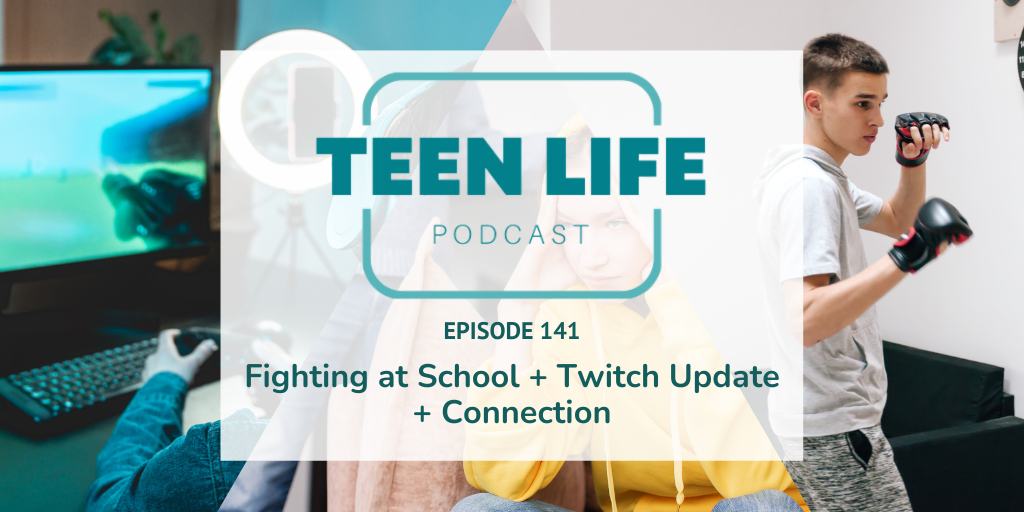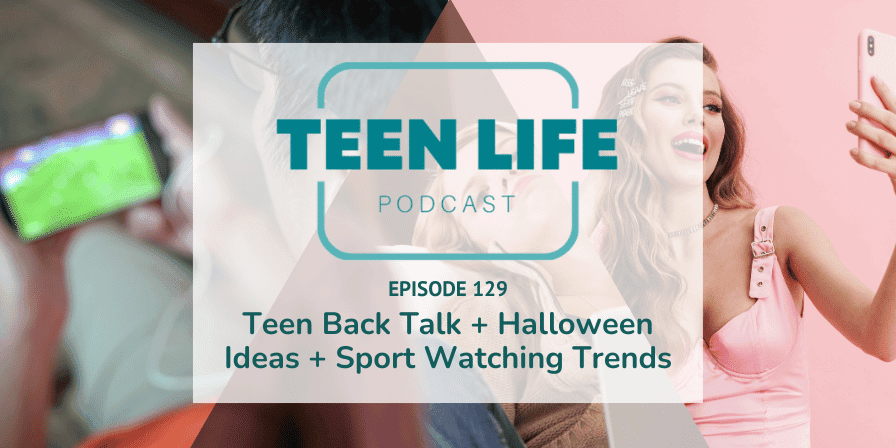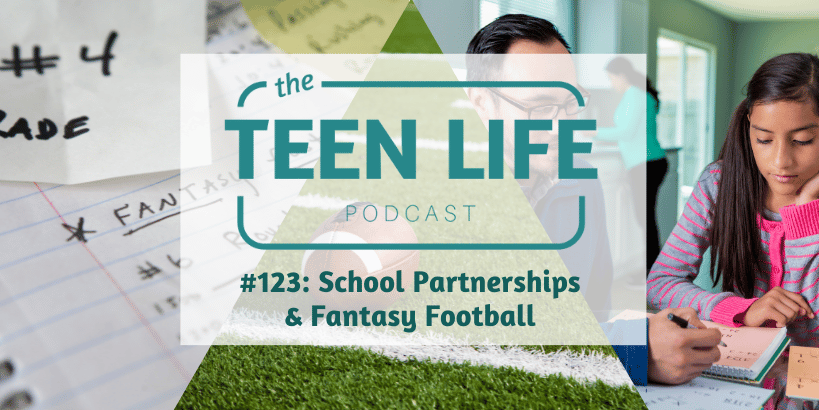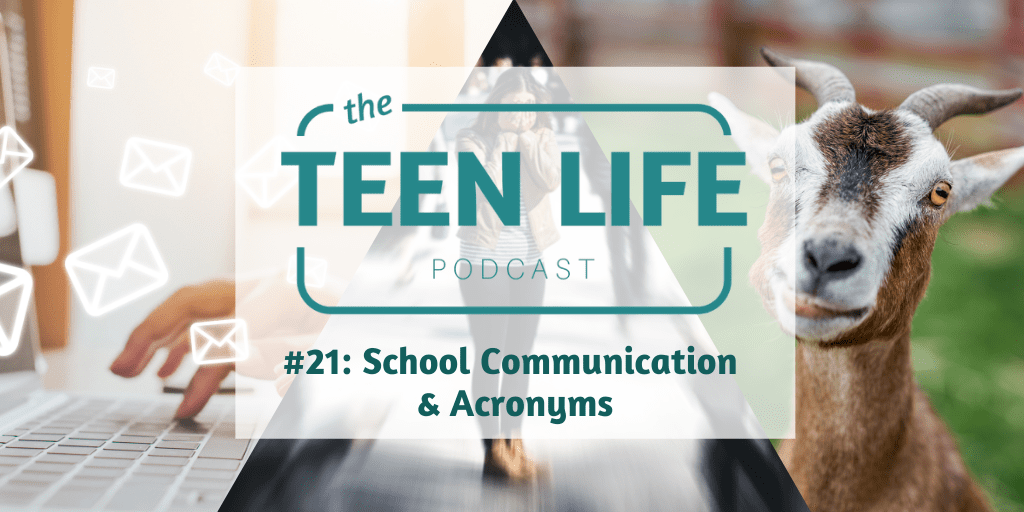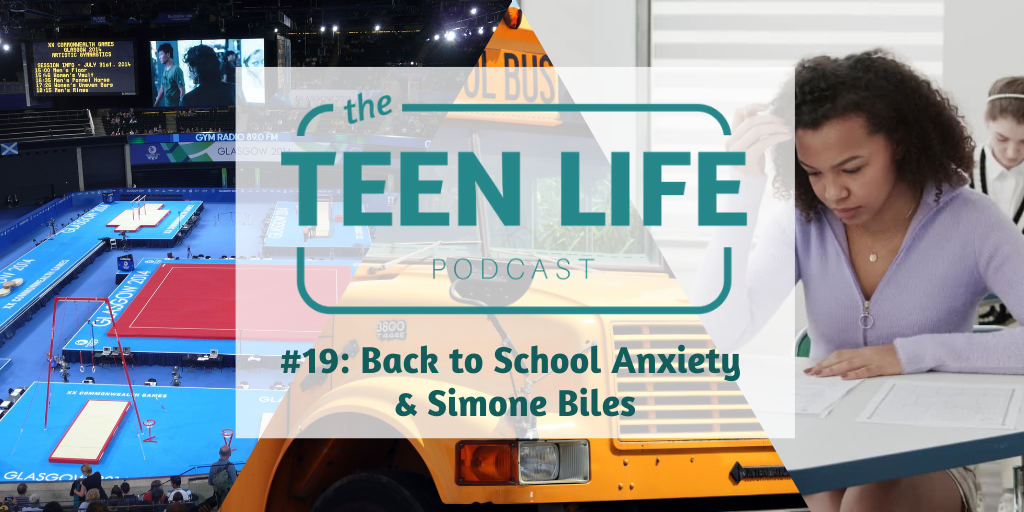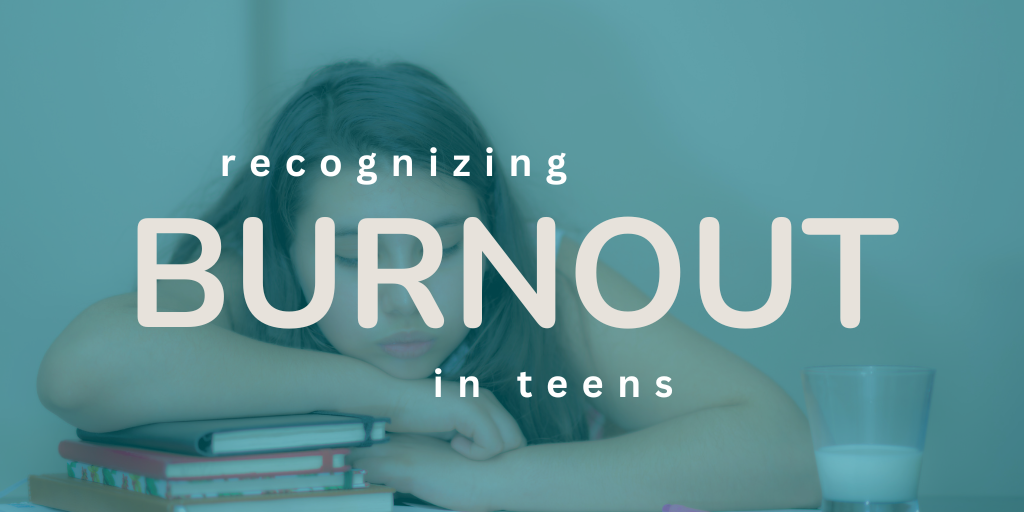
Recognizing Burnout in Teens
How can mentors, teachers, and parents recognize burnout and help teens overcome it?
In fact, burnout isn’t just an adult problem. Teens can experience it too.
And it’s important for the caring adults in their lives to recognize the signs and provide support. Burnout in teens often looks a little different than it does in adults, so staying informed can help you spot the early warning signs and take action.
What is teenage burnout?
Common Signs of Burnout in Teens
Key indicators that a teen might be experiencing burnout:
Emotional Signs
- Chronic feelings of frustration, irritability, or sadness
- A sense of hopelessness or overwhelm
- Increased sensitivity to criticism
Behavioral Signs:
- Withdrawal from friends, family, or activities they used to enjoy
- Procrastination or avoidance of schoolwork and responsibilities
- Risk-taking behaviors as a coping mechanism
Physical Signs:
- Fatigue or exhaustion that doesn’t improve with rest
- Frequent headaches or stomachaches
- Changes in eating or sleeping patterns
Cognitive Signs:
- Difficulty concentrating or staying focused
- Declining academic performance
- Negative self-talk or feelings of inadequacy
Why Burnout Happens
Teens today face a unique combination of challenges that contribute to burnout.
Academic pressure is a significant factor.
Many teens struggle to balance rigorous coursework, test preparation, and high expectations from parents, teachers, or themselves. This constant drive to perform can lead to chronic stress, especially when paired with a lack of adequate coping mechanisms. (Listen to this quick podcast episode on talking about stress and coping mechanisms.)
Another common contributor is overloaded schedules.
Many teens juggle multiple extracurricular activities, such as sports, music lessons, and part-time jobs, often leaving little time for rest and recovery. While these activities can be enriching, an over-commitment to them can push teens beyond their limits.
Social media adds another layer of stress.
Teens often feel pressure to maintain an idealized online persona, leading to constant comparisons and a fear of missing out (FOMO). This can exacerbate feelings of inadequacy and contribute to emotional exhaustion.
Finally, unrealistic expectations, whether self-imposed or from adults, can drive perfectionism.
The belief that they must excel in every area of life—academics, extracurriculars, and social interactions—can overwhelm teens and leave them feeling as though they are never good enough.
How to Help a Teen Experiencing Burnout
Here’s how you can support a teen in recovering from burnout:
1. Foster Open Communication:
- Create a safe space for teens to share their feelings without fear of judgment.
- Ask open-ended questions like, “How have you been feeling about your workload lately?”
2. Encourage Balance:
- Help them prioritize and set realistic goals.
- Suggest taking breaks and engaging in relaxing activities.
3. Teach Coping Strategies:
- Introduce mindfulness or relaxation techniques, such as deep breathing or meditation.
- Encourage physical activity, which can improve mood and energy levels.
4. Model Healthy Habits:
- Show them the importance of balancing work and leisure in your own life.
- Demonstrate stress management techniques.
5. Seek Professional Help if Needed:
If burnout persists or worsens, consider consulting a school counselor or mental health professional.
Prevention is key.
So how you can help teens avoid burnout in the first place?
Promote Regular Downtime
Ensure they have unstructured time to relax and pursue hobbies.
Encourage Self-Care
Teach the importance of sleep, nutrition, and physical activity.
Celebrate Effort Over Perfection
Reinforce that mistakes are part of learning and growth.
Stay Connected
Regular check-ins can help you stay attuned to their emotional well-being.
Teens may not always recognize or express their struggles, so it’s up to the adults in their lives to watch for signs of burnout and offer support.
Remember, burnout is not a sign of weakness—it’s a signal that something needs to change.
Together, we can help teens thrive, even in challenging times.

Kelly Fann
Digital Media Manager
Kelly Fann | Digital Media Manager
Kelly has a desire to empower young people to grow into the best version of themselves. Using her background in branding and word-smithing, she is a master at highlighting resources that help teens learn skills that will enable them to grow and to adapt, to enjoy life and to be better citizens. Kelly has a MA in Linguistics from North Texas University.

